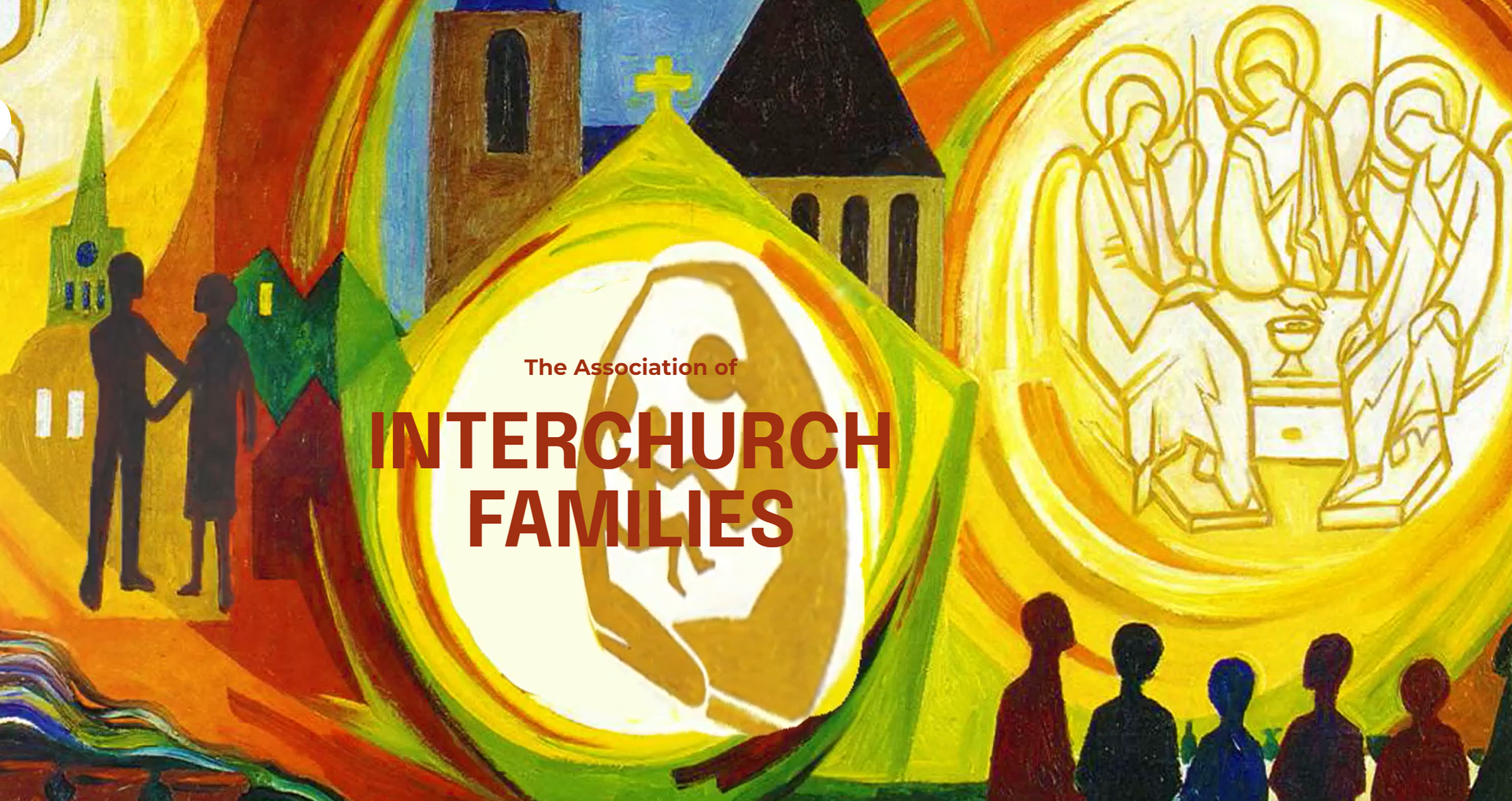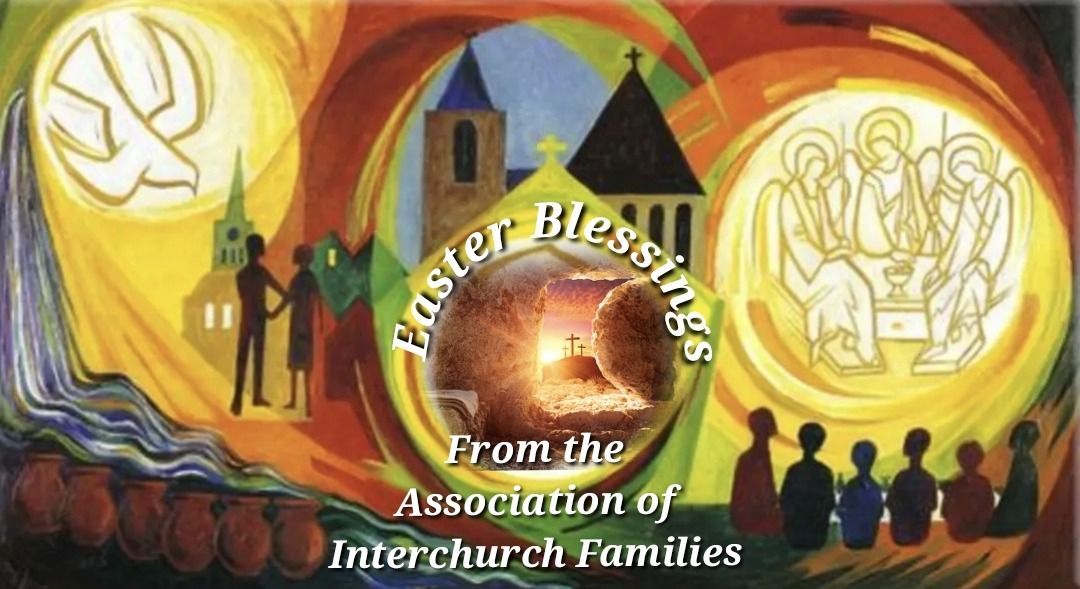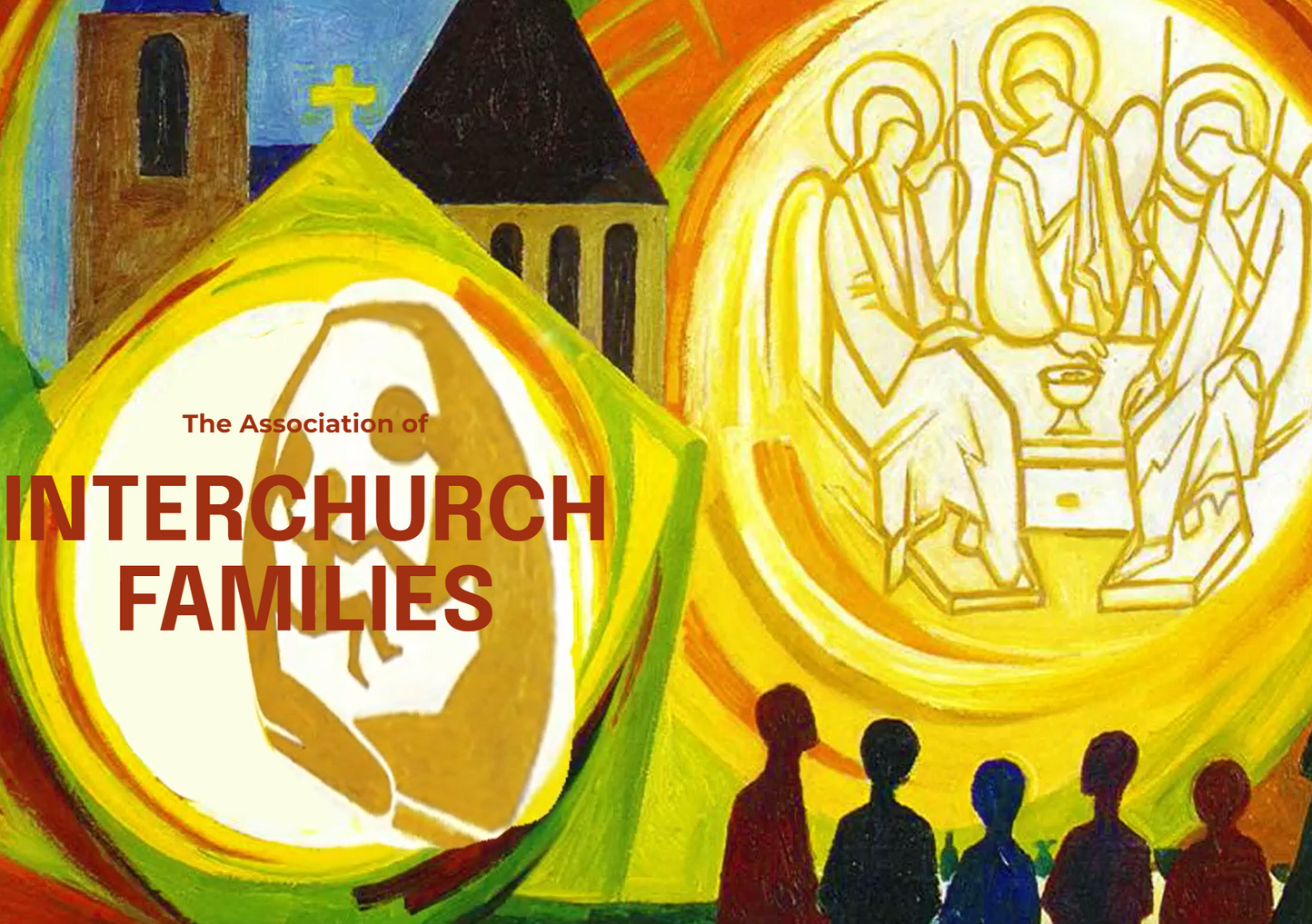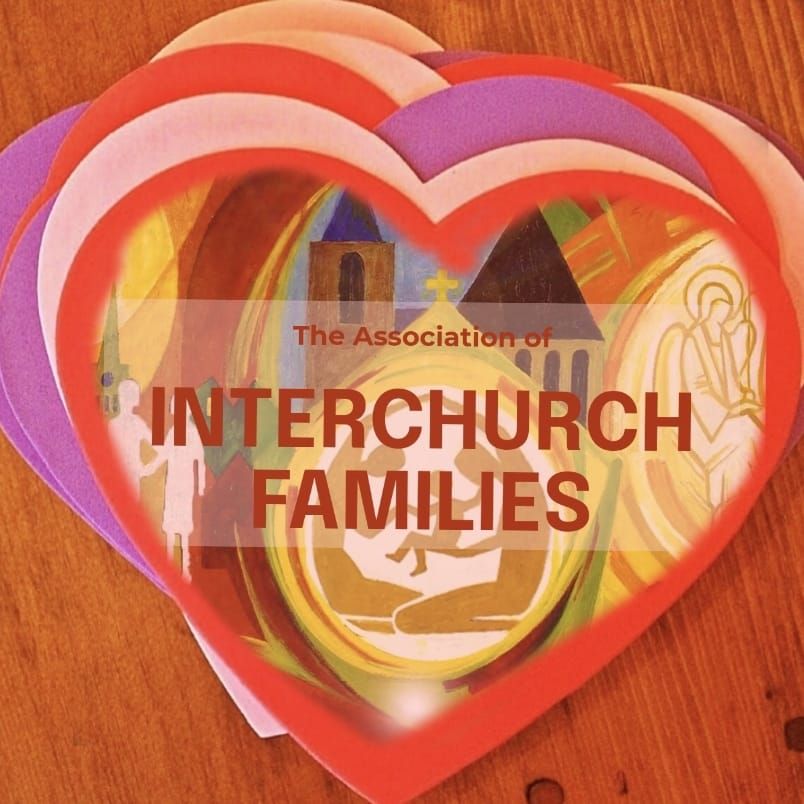The Bishop of Rome - a timely Vatican document on a new way of reflecting primacy Et Unum Sint
The Bishop of Rome – a new Vatican document
Some of you may have already read that the Vatican published a 146-page text earlier this year, which contains proposals for making papal primacy acceptable to other Churches, and which would emphasise the part played by the Pope in a “conciliar fellowship” with other Christian leaders. We attach below an edited version of an article published in the Church Times which you may find of interest if you haven't already seen it...
“The understanding and exercise of the Bishop of Rome’s ministry entered a new phase with the Second Vatican Council — since then, the ecumenical dimension has been an essential aspect of this ministry,” the new “study document” says. “The invitation to find, with the help of pastors and theologians of all Churches, a way of exercising primacy ‘recognized by all concerned’, marked an epochal moment in ecumenical awareness. That invitation finds particular support in the pontificate of Pope Francis, whose teaching and practice emphasises the synodal dimension of his ministry.”
It says that long theological dialogues initiated at Vatican II in 1962-65, have revealed a “new and positive ecumenical spirit” in seeking a “ministry of unity at the universal level”. Pope St John Paul II’s 1995 encyclical Ut Unum Sint (”That They May be One”) also elicited a “wide range of responses” from other Christian denominations, testifying to a “growing awareness of mutual accountability between Christian communions” and an interest in seeking an “acceptable form of Papal Primacy”.
The text says that “dogmatic definitions” adopted at the 1869-70 First Vatican Council, notably on infallibility, remain a “significant obstacle for other Christians”, but should also be viewed today in a “historical context”. It adds that new approaches to papal primacy since Vatican II, including current Catholic moves towards decentralisation, “inspired by the model of the ancient patriarchal Churches”, have opened up “new perspectives” for reconciliation, in line with missionary requirements in a “contemporary context of globalisation”.
“The principle of subsidiarity means that no matter that can properly be dealt with at a lower level should be taken to a higher one — it is an important principle if the exercise of primacy is to guarantee participation of the whole Church in the decision-making process,” the document says. “Some dialogues apply this principle in defining an acceptable model of ‘unity in diversity’ with the Catholic Church. They argue that the power of the Bishop of Rome should not exceed that required for the exercise of his ministry of unity at universal level, and suggest a voluntary limitation in the exercise of his power.”
Ecumenical dialogues, launched in the 1960s, have achieved progress on aspects of faith and sacramental life, as well as practical co-operation between Churches, but have long been impeded by failure to agree a mutual understanding of papal primacy.
The latest Vatican text, subtitled Primacy and synodality in the ecumenical dialogues, collates and summarises about 80 documents drawn up since Ut Unum Sint by various church bodies, including Churches Together in Britain and Ireland in 1996, and the Church of England’s House of Bishops in 1997. It lists six reports by the Anglican-Roman Catholic International Commission (ARCIC), and others by joint commissions with Lutheran, Reformed, Methodist, and Orthodox Churches, and says that the latest dicastery document was produced after consultation with “numerous scholars from various Christian traditions”.
Among milestones towards a new “understanding and exercise” of papal primacy, the text says that Pope St Paul VI’s 1964 encyclical Ecclesiam Suam conceded that the “pastoral office of unity” was not “a supremacy of spiritual pride and a desire to dominate mankind, but a primacy of service, ministration and love”. It goes on to say that the pursuit of a “patient and fraternal dialogue on Primacy” with other Christian leaders was maintained by Pope Benedict XVI, whose resignation in 2013 also “contributed to a new perception and understanding of the ministry of the Bishop of Rome”.









